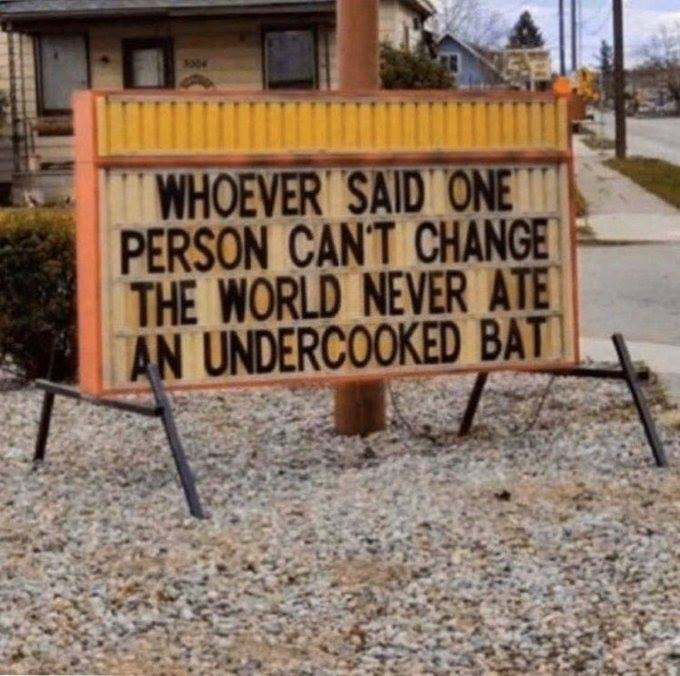
Another heatwave grips Washington, Oregon & British Columbia. Climate change - long predicted + denied - is here.
We know it's time to transition off fossil fuels.
And, all year, @invw's Decarbonizing #Cascadia series is exploring how we can. invw.org/getting-to-zer…
We know it's time to transition off fossil fuels.
And, all year, @invw's Decarbonizing #Cascadia series is exploring how we can. invw.org/getting-to-zer…
We launched in January explaining how a region w/ official goals to slash emissions and the means to do it just keeps getting dirtier. @invw analyzed the latest data, showing that Washington, Oregon and BC's emissions rose by 5, 6 and 7% b/w 2013 & 2018.
invw.org/2021/01/11/how…
invw.org/2021/01/11/how…
We also profiled #Cascadia's activists, such as the @youthvgov litigants suing govts for the right to a livable future and campaigners eroding Big Oil, Gas and Coal's political power. @robertmcclure showed how activists bottled up fossil export proposals. invw.org/2021/01/18/a-t…
In Decarbonizing #Cascadia's 2nd round @invw fellow @bbrraaeellaa delivered the inside story of Indigenous activists battling BC's expanding fossil infrastructure: The #TMX tarsands pipeline and a fossil gas pipeline + #LNG megaproject ... invw.org/2021/03/10/fig…
... while @invw fellow @IrisMCrawford assembled evidence that #Cascadia's governments are still not listening effectively to long-marginalized communities that are bearing the brunt of climate change ... invw.org/2021/03/03/wil…
... and I profiled emerging mapping tools that can pinpoint the communities that are most vulnerability to climate-driven #wildfire, #heatwaves and #floods, with input from @headecon, @frontandcenterd, @VCHhealthcare & @ubcspph. invw.org/2021/02/24/vis…
In April @invw's series pivoted to solutions, unpacking simulations of Washington & BC by @evolved_energy & @NaviusResearch that show why electrifying #Cascadia's vehicles + heaters and powering them w/ wind + solar cuts lots of carbon at low cost.
invw.org/2021/04/14/why…
invw.org/2021/04/14/why…
Alas not everything can plug in. Certainly not overnight. Quick pollution cuts in harder-to-electrify sectors like heavy industry and shipping may require low-C fuels like #biofuels + #GreenHydrogen, plus watchdogging for impacts on food prices & forests. invw.org/2021/04/23/cle…
In May @JPRnews' take on lessons for Oregon from British Columbia's pathbreaking c2009 #carbontax kicked off a trio of contributions by @invw's Decarbonizing #Cascadia project partners, which include @Crosscut, @grist and @APNews. invw.org/2021/05/10/can…
Next in was @TheTyee, our Canadian partner. The Tyee's @Michelle_Gamage explored #Cascadia's clean jobs dividend, after @amandajfollett's reported from BC's north on a unique quest to restore devastated forests - and their carbon-absorbing potential. invw.org/2021/05/12/see…
The latest: July's deep dive into a proposed transmission link to push wind and solar energy to #Cascadia's coastal cities, highlighting the cultural & ecological concerns that complicate grid upgrades. invw.org/2021/07/21/a-s…
Next up this month, and beyond:
Why sharing electricity more widely makes renewable power reliable
How roasting wood from thinned forests can capture climate-warming carbon dioxide
Urban energy fixes from Decarbonizing #Cascadia national partner @grist
And much more to 2022.
Why sharing electricity more widely makes renewable power reliable
How roasting wood from thinned forests can capture climate-warming carbon dioxide
Urban energy fixes from Decarbonizing #Cascadia national partner @grist
And much more to 2022.
@threadreaderapp unroll
• • •
Missing some Tweet in this thread? You can try to
force a refresh




